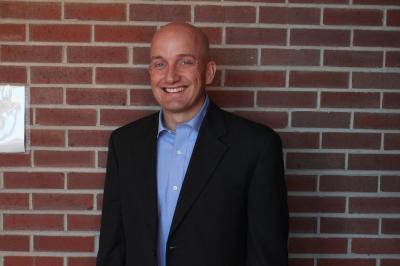A group of criminologists has an interesting reason why people who left crime-ridden cities should stick around - fear of crime is good for kids.
Most politicians and police officers seek to reduce crime, of course, and mitigate the causes where they can, so an argument that it's psychologically healthy is going against 50 years of sociological belief, which says that people who are afraid are likely to do less rational things to protect themselves, and have a lot of other chronic psychological issues.
Chris Melde, associate professor of criminal justice and colleagues, says this so-called "white flight" from big cities in the last few decades has done kids a disservice; adolescents who are more fearful of crime are less apt to become victims and offenders of violent acts. Essentially, fearful youth tend to avoid potentially dangerous people, locations and activities such as drug-fueled parties. He believes chronic fear of random acts of violence will offset the occasional dangerous circumstances where suburban youth feel adventurous.

Chris Melde is smiling because he does not live in one of the high crimes areas he says you should not flee. Credit: Michigan State University
This is in contrast to prevailing beliefs, that kids in high-crime situations are more likely to engage in dangerous situations because that is what other people are doing.
Melde studied more than 1,600 youth from across the United States during a one-year period. He found that respondents who reported more fear were less likely to be involved in violent acts such as assaults, robberies and gang fights.
Interestingly, the results held for both victims and offenders. That's because the two groups often come from the same pool of people, which is called the "victim-offender overlap." While there are "pure" victims, Melde noted, disentangling victim from offender can come down to determining who started a street fight.
Instead of trying to reduce fear of crime, Melde said law enforcement agencies should focus on direct anti-crime initiatives and providing details on which crimes are most likely to occur, and where. This would help citizens become better informed on issues that could affect their routine activities and safety.
And they wouldn't have to move, assuming the only reason they move is due to crime.
"If we're going to reduce crime and victimization, we should present people with an accurate assessment of crime and delinquency in local areas," Melde said. "Policies aimed at fear reduction are not likely to be effective crime-reduction strategies."
The findings relate to situations people can avoid, Melde said, and not to the types of victimization that deal with one person's power over another, such as child abuse and domestic violence.
"We should leave fear alone as a natural response to crime unless it reaches that chronic or phobic level," Melde said. "That's when you want to intervene."






Comments